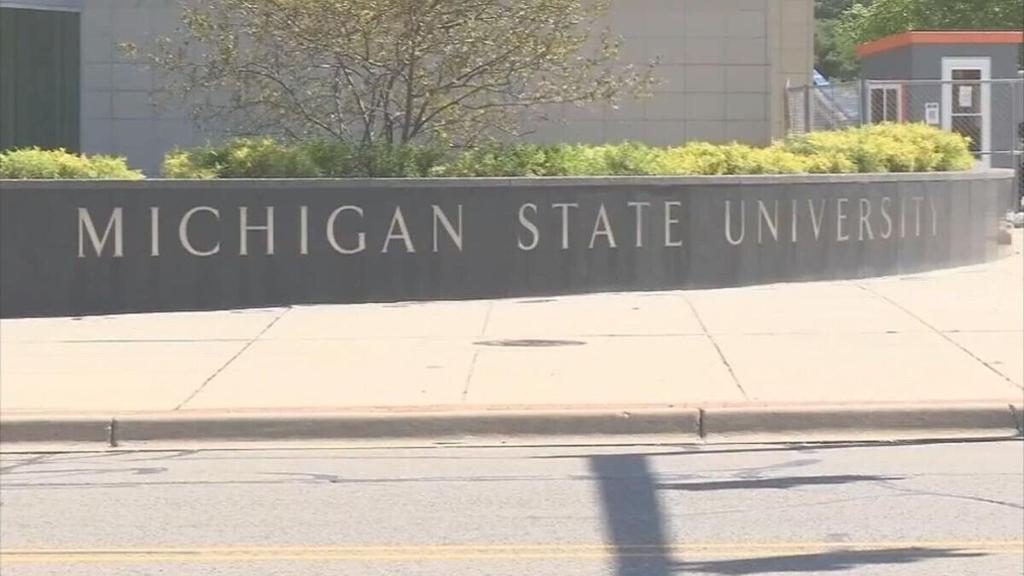Salem, OR – Oregon’s ambitious efforts to combat climate change have hit a roadblock as a nearly $200 million federal grant remains frozen, leaving state agencies and climate advocates in limbo. The grant, part of the Inflation Reduction Act and the Bipartisan Infrastructure Law, was awarded to Oregon to support various climate action programs, but federal funding delays have raised questions about when—or if—the money will be available.
The Oregon Department of Environmental Quality (DEQ) confirmed that the $197 million Climate Pollution Reduction Grant is among six federal grants currently on hold. These funds, designated to reduce greenhouse gas emissions and promote clean energy, have been held back following a series of freezes triggered by federal policy changes.
Lauren Wirtis, DEQ’s Communications Manager, explained that the funding has been frozen on three separate occasions. The first freeze occurred following a January 20 executive order from the Trump administration, halting all climate-related funding from the Inflation Reduction Act and Bipartisan Infrastructure Law. A subsequent memo from the Office of Management and Budget (OMB) expanded the freeze, and the most recent development came when the Environmental Protection Agency (EPA) paused the grants pending a compliance review.
“It’s frustrating because we can’t draw funds from certain accounts for our grants,” Wirtis said. “Right now, we are in a holding pattern with no clear indication of when the freeze will lift.”
The funds are awarded on a reimbursement basis, meaning that the DEQ must first spend the money before receiving reimbursement from the federal government. However, this creates a risk for the agency, which cannot afford to pay out large sums of money without knowing if it will be reimbursed. Wirtis emphasized that the $197 million represents roughly half of DEQ’s biennial operating budget, making the situation even more critical.
The uncertainty surrounding the grant has left state agencies and climate advocates in a difficult position. Without the funding, crucial climate programs aimed at reducing emissions in Oregon’s transportation, building, and waste sectors could be delayed or canceled. These include rebate programs for medium- and heavy-duty trucks, heat pump incentives, residential weatherization, and food waste infrastructure.
Oregon’s Director of Climate Solutions, Nora Apter, stressed the importance of the federal funds, not only for climate action but also for creating jobs and reducing energy costs. “We’re in the decisive decade for climate action. Prioritizing investments in clean energy and community resilience is key to fighting climate change and ensuring healthier, more sustainable communities,” Apter said.
The $197 million would also help address disparities by investing in low-income communities, communities of color, and rural areas, which are disproportionately impacted by climate change. However, Apter warned that the federal freeze could have lasting consequences for Oregon’s budget. “The state planned its 2025 budget around the expectation that this funding would come through. Denying these investments would create a massive gap in our budget,” she added.
As of now, it remains unclear when or if the frozen grants will be unfrozen. DEQ and other state agencies are working closely with Governor Tina Kotek’s office and the attorney general’s office to explore potential solutions, but the situation remains fluid.
Despite the setbacks, climate advocates remain hopeful that Oregon will continue to pursue its climate goals, even in the face of federal uncertainty. “Oregon values climate justice, and we hope the state will step in to fill any gaps if the funding doesn’t come through,” Apter said.
For now, all work related to these programs is paused, leaving a significant portion of Oregon’s climate action efforts in limbo. With federal funding critical to achieving the state’s climate goals, the coming weeks could determine the future of the state’s climate initiatives.











